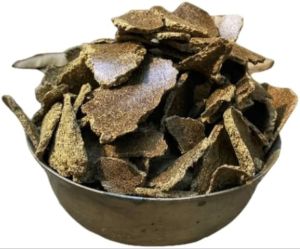Oilseed association urges PM Modi not to extend ban on export of animal feed
By Jitendra Choubey
The Solvent Extraction Association (SEA) of India has urged Prime Minister Narendra Modi and his cabinet ministers, including Amit Shah, Piyush Goyal, and Prahlad Joshi, to lift the ongoing ban on the export of De-Oiled Rice Bran (DORB), which has been extended until September 30, 2025.
The SEA has urged the government not to extend the ban beyond 30th September 2025. The ban was implemented in 2023 with the intention of stabilising milk prices, but this goal has yet to be achieved. However, it has impacted farmers more than helping dairy farmers.
According to the association, protein meal prices have fallen by nearly 50%, while milk prices continue to rise. Meanwhile, DORB prices have decreased to Rs 10,000–Rs 11,000 per tonne, which only hurts farmers who produce oilseeds that are used in making DORB.
Mustard De-oiled cake price reduced from Rs 28,000 to Rs 15000 between July 2023 and July 2025. Similarly, the price of Soybean meal reduced to Rs 31,000 from Rs 46,000, Groundnut meals reduced to Rs 20,000 from Rs 44,000, and De-oiled Rice Bran reduced to Rs 10,000 from Rs 20,000.
Before the ban, India exported 5–6 lakh tonnes of DORB annually, worth approximately Rs 1,000 crore, mainly to Asian countries, including Vietnam, Thailand, and others. India was positioned as a reliable supplier in the international market.
“Continuing with the export prohibitions may have broader implications for the economy, environment, reduction of production of ricebran oil, import substitution, and agricultural development,” said Sanjeev Asthana, President of SEA.
According to the SEA, the ban has resulted in severe economic and operational setbacks across the value chain, especially for the people associated with rice milling and rice Bran. However, it underlined that no positive impact was noticed on the intended objectives.
It states that all protein feedstock prices have decreased by around 50%, while milk prices have increased, and farmers have not seen better returns for their produce.
Resultingly, rice bran solvent extraction units are operating far below capacity, and many are on the verge of closure. Besides, India has lost its international market.
Prolonged ban led the importers to shift to alternative protein sources such as maize, DDGS, and rice in countries like Sri Lanka, Bangladesh, and Nigeria, developed by India.
This article has been republished from The New Indian Express.

